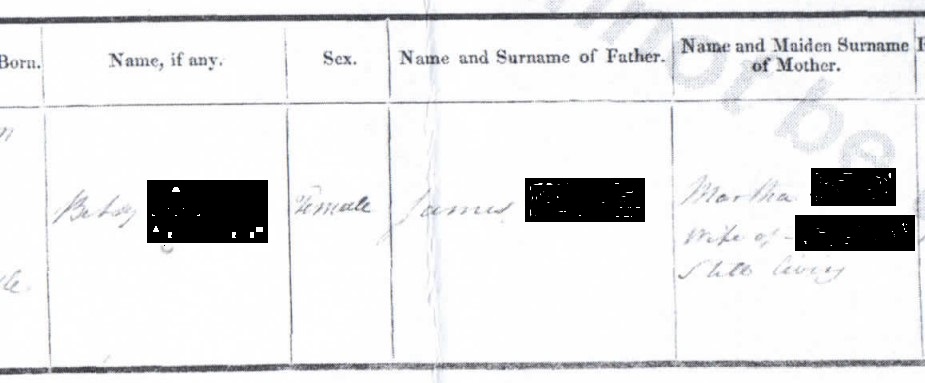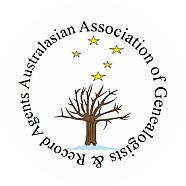Huh, I hear you say, that’s the same thing!
The usual question is usually in regards to index records and certificates and the advice there is to obtain certificates wherever possible as these generally contain more information than an index record.
However, what do you do, when there are two types of certificates or records that could be obtained for the same event. What you decide will depend on the outcome you are looking for and in some cases you may wish to obtain both.
I’ll use Western Australia as an example where you can buy historical certificates (after a certain date) or certified certificates. If you require the certificate for legal purposes then you must obtain the certified certificate, though it will be more expensive.
If you are researching, then you may prefer the historical copy, it is not only cheaper but it is an actual copy (ie: photocopy) of the original. The advantage of this for researchers is that you can request an unredacted version of the uncertified certificate therefore it contains all the information that was on it (including any historical terms that may now be considered derogatory). The disadvantage is that they can sometimes be faint and difficult to read. As a researcher, I have found information on uncertified unredacted certificates that wasn’t on the certified copy. An example is the birth registration of a person I was asked to research. The family had a certified copy that had the parents’ names listed. From this they had been unable to find further information on the mother. When I purchased the unredacted uncertified copy, there was one piece of information next to the mothers’ name that wasn’t on the certified copy, it said “wife of xxxxx xxxxx”. From this, the marriage certificate of the mother to this other man was located which had her parents’ names on it and therefore the brick wall the family had was knocked down and the line could be researched further back.
Article courtesy of Judy Purkiss MAAGRA.

